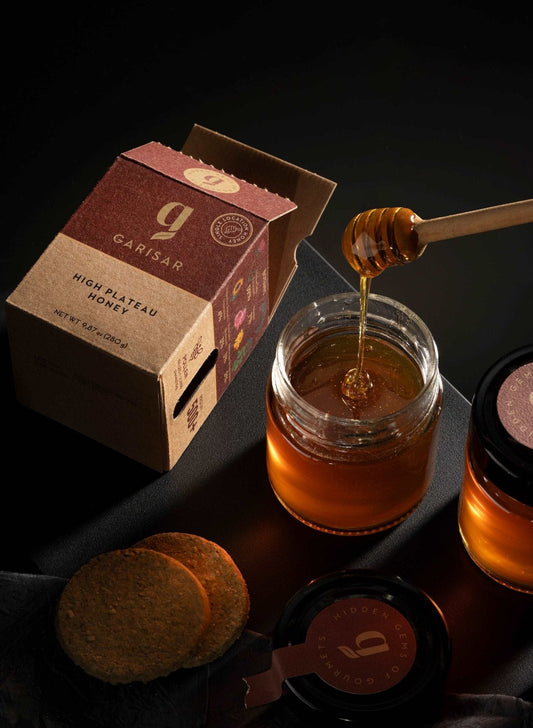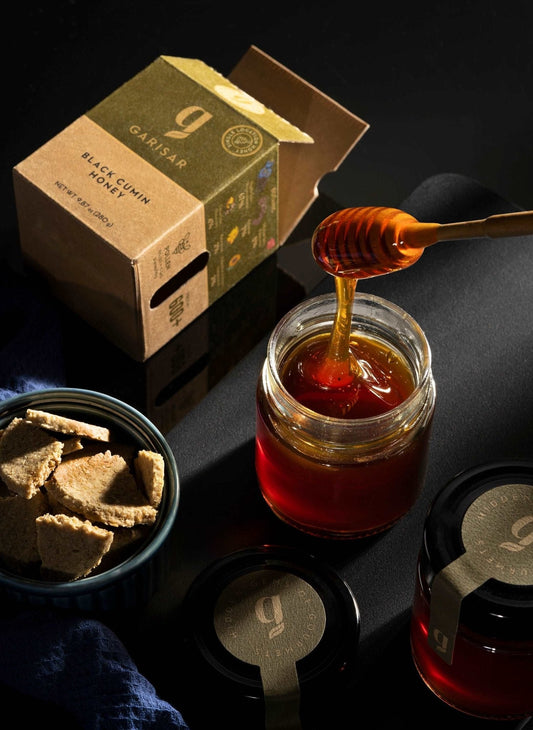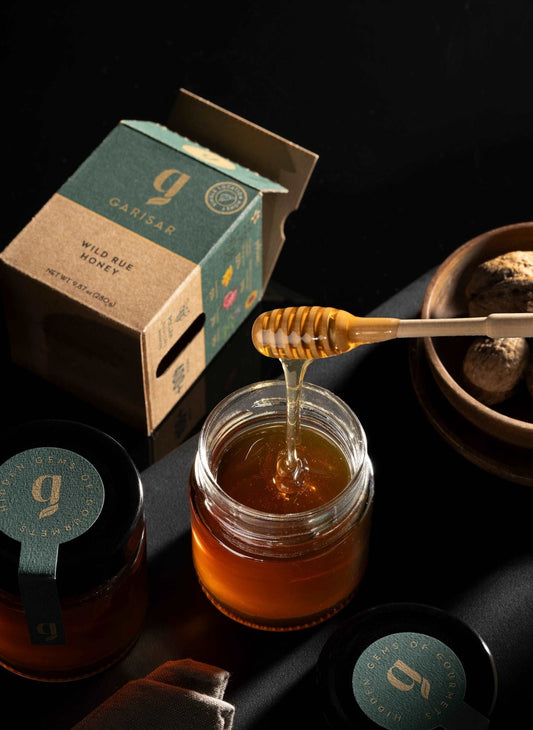Growing Regions
The sunflower is a hardy plant that can be grown in a wide range of geographic areas. Major growing regions include North America, South America, Europe, Asia, and Africa.
North America
In the United States, sunflowers are widely grown in the central and western regions. States such as Kansas, North Dakota, and Minnesota are notable for large-scale sunflower production.
South America
Argentina and Brazil are major sunflower producers in South America. In these countries, sunflowers are grown for both domestic consumption and export.
Europe
In Europe, Russia, Ukraine, France, and Turkey are among the leading sunflower producers. These countries are world leaders in sunflower oil production.
Asia and Africa
In Asia, China and India are significant producers, while in Africa, South Africa stands out. In these regions, sunflowers are grown for both food and industrial purposes.








